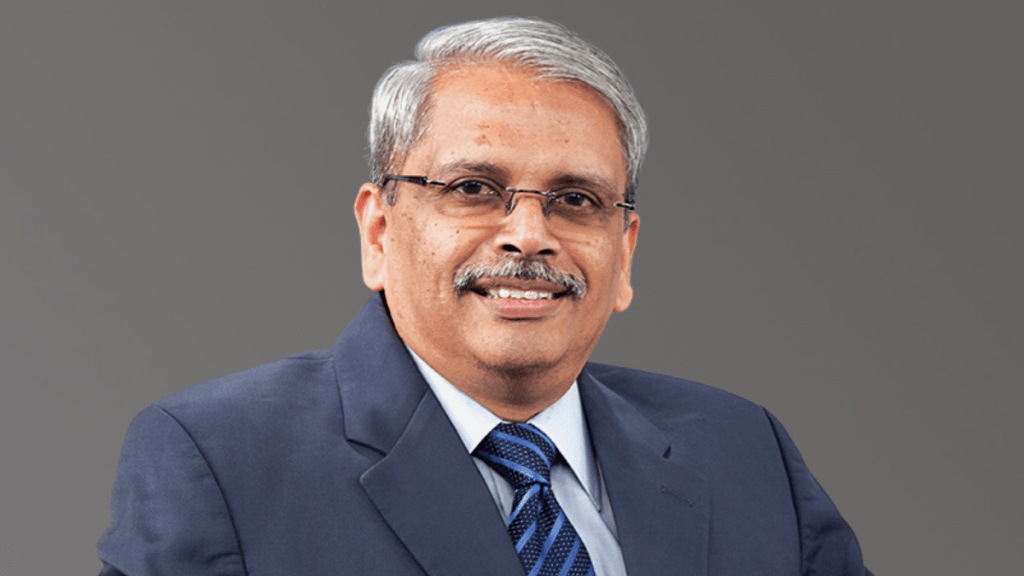At a time when value creation and value capture is the only hope to impactful products and solutions, investments into research and innovation are a clear business imperative. It is not surprising therefore that the Indian industry, eager on growth through business differentiation, has been seeking policy enablers and tax sops to encourage spending into research and innovation. Among the business leaders, Kris Gopalakrishnan, the co-founder of Infosys, has for a very long time remained passionate about research-led growth. He has personally invested several crores into research, funded the Centre for Brain Research, an autonomous entity at the Indian Institute of Science (IISc), Bengaluru, supported neuromorphic computing research, also at the IISc and also supported research efforts at the Indian Institute of Technology (IIT), Madras, his alma mater.
He has a solution to crack the conundrum of who and how to invest in research. “Today, it is estimated that the total CSR expenditure in a year is Rs 25,000 crore collectively. From this, we could set aside Rs 5,000 crore each year for investment into research and we could get to Rs 25,000 crore in five year. This could be designed as a privately-managed, publicly- monitored fund. It would act as a venture capital entity and invest into long gestation research and translational R&D,” he says.
In short, he is favouring a privately managed fund for R&D carved out of the CSR funds. The funds from this could be channelised to risky, long-gestation, mission-mode research. It could be from deep tech (areas like artificial intelligence, robotics, synthetic biology, blockchain, quantum computing), new drug discovery, which also takes 10 to 12 years and involves several rounds of clinical trials.
Kris Gopalakrishnan feels the research focus in India had to be on deep tech and on translational research. These typically require patient capital. No venture capital fund will be willing to back risky research and wait for 10 to 12 years. Investors would typically want their money back at the earliest.
“We need to increase private sector funding for research. To stimulate this, R&D expenses should be tax deductible for registered /recognised private enterprises,’’ Gopalakrishnan, who is also the chairman of Axilor Ventures, a leading seed fund for startups.
He feels, to stimulate translational research, investments in deep tech startups should be treated as similar to R&D investments. Gopalakrishnan has for a very long time maintained that India had to increase its spending on research and move up from just around 0.7 per cent of the GDP to about 3 per cent. Of this, the spending in the government sector on research has been to the tune of 0.6 per cent of the GDP where as by the private sector, it has been inching ahead from 0.1 per cent to about 0.3 per cent. Each of the public and private sector investments needs to get to 1.5 per cent of the GDP each.
Gopalakrishnan is also for streamlining the various approvals for deep tech products and technologies. “An ease of doing business with enablers in place to ensure hassle-free investments into research will help immensely,” he says.
This may also be a solution to the problem faced by some industries like the pharmaceutical industry that no longer gets the benefits of weighted tax deductions offered to them earlier to investments into R&D. Some of the others spoken to in the industry also feel this could be a more viable creation than a National Research Foundation (NRF), though a laudable intent, it has yet to take off and attract the desired private sector investments and investors.
